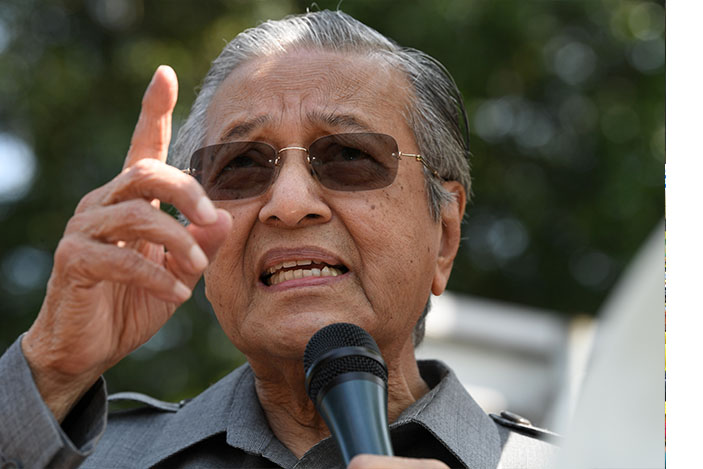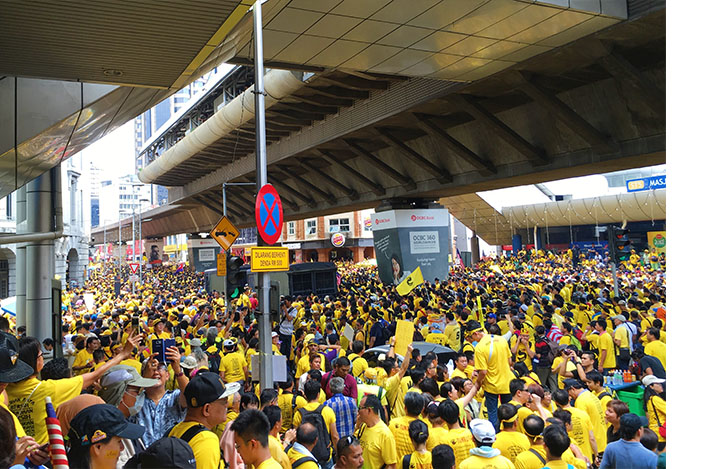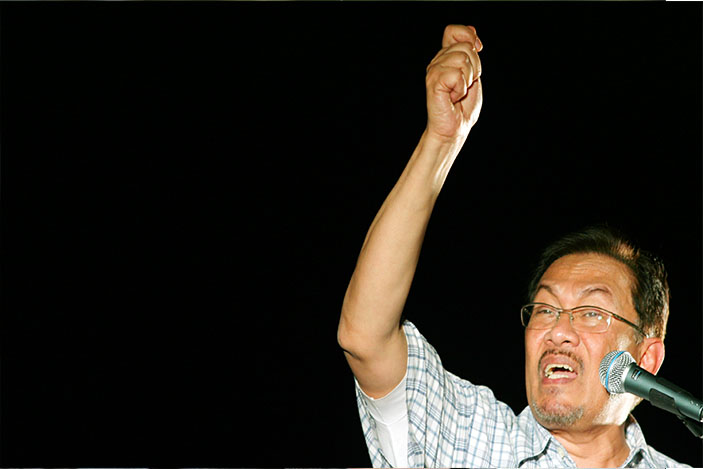MALAYSIANS will be celebrating Merdeka Day with greater emotion and fervour following the recent events that have reshaped the country’s political landscape.
With former Prime Minister Dato’ Sri Najib Razak of UMNO (part of the Barisan Nasional coalition) losing the 9 May 2018 Malaysian General Election to his mentor and former PM Tun Dr Mahathir Mohamad, it signalled a changing of the guardians of the nation.
Just after 100 days after the change in government, Dr Mahathir, once again at the helm of the nation, but with the new coalition Pakatan Harapan, credited the “extremely strong spirit of the people” for the dramatic changes.
The Bersih movement— a public call for clean and fair elections — gained momentum over a decade and spread overseas, where Global Bersih reached out and resonated with the Malaysian diaspora.
Global Bersih was set up in Geneva as a Swiss NGO in 2014, governed by Swiss law.
Bala Chelliah, a retired corporate business finance executive who worked and is living in Geneva, is the President. He is enthused by the change that has taken place in h is country of birth, but says what took place was but the first stage of change.

“This Merdeka Day is an opportunity to celebrate the resetting of all the hopes and aspirations of the Malaysian rakyat (public) since independence was achieved, on 31 August 1957,” he says.
Bala says the Bersih movement, which had the support of nearly 90 NGOS spurred the overseas Malaysian communities to become more active.
“We spontaneously got together, and through emails and with the support of folks back home decided to support the movement.”
At this point, it was still a loose collection of groups of people interested in Malaysia’s politics.
“There are over 1.9 million Malaysians who have left the country in the last decade, whether it’s for economic reasons or to study and work overseas or to set up home. But I’ve learnt that the majority of overseas Malaysians still miss home.
For More Commentaries visit http://www.storm.sg/views/
“I left in 1970 and lived in Switzerland, but I’ll never be Swiss. We still like our makan-makan, goreng pisang, and teh tarik. There’s a lot of longing.”
Following the 2013 general election, which the opposition lost, Bala, who had returned to Malaysia to vote, met with a few other individuals and over teh tarik decided to carry on with the movement.

With the overseas support, Bersih 4 rallies in 2015 were held in 90 cities.
“The issues back home were resonating with the overseas Malaysians. Social media helped. It played a huge role. The cause was so strong.
“There were some from the US, others from Australia and the UK. About nine of us set up Global Bersih. We put together a platform to serve as an outreach to overseas Malaysians.”
You Might Also Like To Read:
Helsinki — Art At The Heart Of The City
The original mission of free and fair elections with integrity is core to Global Bersih’s cause. “But when the erosion of institutions and corruption came into the picture, we added institutional reformation,” Bala explains.
“On May 9, it was a perfect storm, the culmination of a series of events over 20 years,” Bala notes.
“Now, hopefully, they will listen to us.
“After 100 days, there are some positives and some things we are not comfortable with.”

The Stages
Bala is of the opinion that there are five stages in the process of establishing a changed society.
“Following the election, which was the first stage, we are in the second stage. Now, the new government is in place and it will set up rule of law, independent institutions, and make it a level playing field. Civil society has to keep the pressure on the government. You must have electoral reform. Independent elections.
“All changes take time.”
The third stage is when the government starts implementing reforms — engaging with civil society and stakeholders, repealing some of the draconian laws, and revamping the education system.
Stage 4 will be when Anwar Ibrahim becomes PM, in two years. “And, if he gets into power, what is his agenda?”

Stage 5 will be the elections of 2023.
“With the last elections, people realised they can vote and change the government, and the fear factor has hopefully gone away.”
The country has to be measured by the functioning of three forces — the government, the opposition and civil society.
“Immediately after May 9, friends who never used to talk to me about politics are talking about it. Finally, we have released them from their fears.”





















